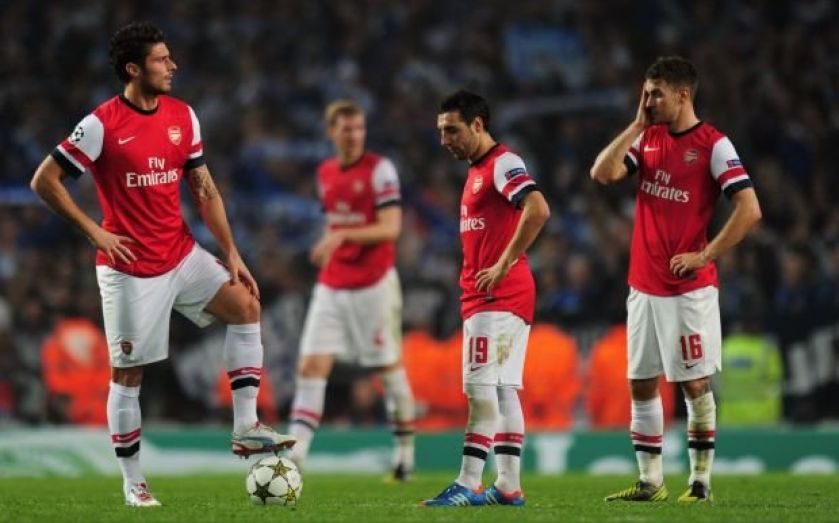Bottom Line: Not such a funny old game if Sky take eyes off the ball

Football can be damn expensive, these days. As a season ticket holder at one of London’s clubs (clue: the one with more league titles than the rest put together) I am well aware of how costs have escalated during the Premier League era.
For fans like myself, the price of following top flight football is now into the thousands of pounds per year. And for TV broadcasters such as Sky, the costs are also spiralling.
Few tears will be shed among the football fraternity for Sky over the costs it faces to televise matches, yet the game’s often uncontrollable level of inflation has given the company’s management a real headache – and forced a possible change of tack.
Just over two years ago, the arrival of BT pushed up the domestic live rights by more than 70 per cent, with over £3bn being paid to show Premier League games in the UK. Next time around it could be more than £5bn. And last year Sky’s new rival poached key Champions League and Europa League matches for £897m, starting from the 2015-16 season.
Rupert Murdoch once referred to sport as the “battering ram” needed to break through into the pay-TV market. And indeed for years that was the firm’s successful approach in the UK, comfortably smashing any rival – such as Setanta or ESPN – that dared to threaten its crown.
“Sport absolutely overpowers film and everything else in the entertainment genre,” Murdoch said back in 1996.
But here in 2014 things aren’t so easy, and chief exec Jeremy Darroch is building up a far more diverse offering in order to keep its customers.
Sky seems to spend as much time boasting about Game of Thrones – which it gets on an exclusive basis from HBO – nowadays than it does exciting us about the start of the football season. And yesterday’s purchase of independent production company Love Productions is reminiscent of the gameplan that former Football Association boss Adam Crozier has brought to ITV.
Subscribers need a reason to tie themselves into long-term deals – but in an age when you can increasingly access the latest films and series in quicker and easier ways, via services such as Netflix, is the odd exclusive programme enough to convince people to keep paying for Sky?
Football is unhealthily addictive. Trust me, I’d know. Sky has thrived on this fact for years, but is now spreading its eggs more evenly across several baskets. Diversification of your business is usually a way of reducing risk – but if Sky edges any further away from the holy grail of football, it’ll be the biggest risk it’s ever taken.